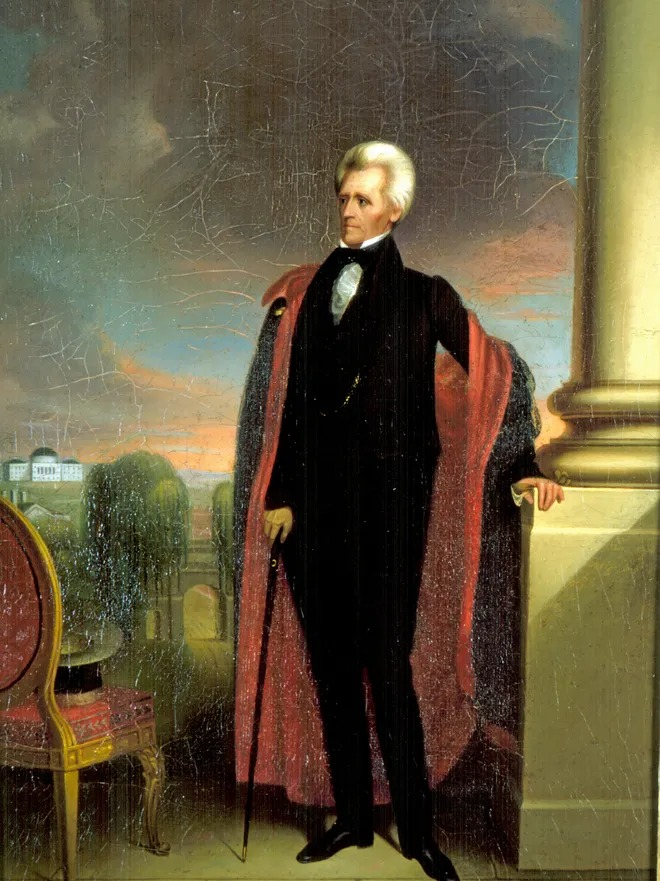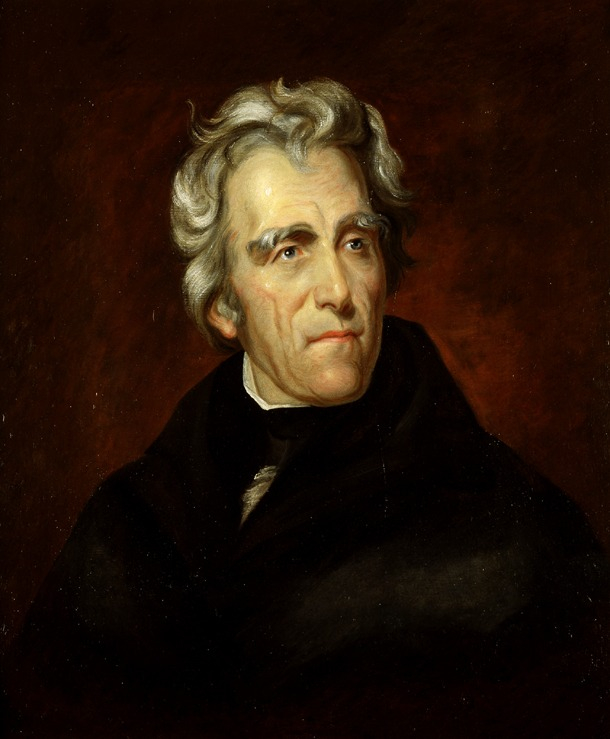Andrew won the popular vote for president three times
When Andrew Jackson won the presidency in 1828, he received close to 56% of the popular vote; when he was elected again four years later, he came very nearly matching that percentage. When "Old Hickory" ran for president for the first time in 1824, he likewise received the most popular votes, though not a majority.
The 1824 election was turned over to the House of Representatives because no candidate received a majority of the electoral votes. In what Jackson's supporters claimed was a "corrupt bargain," the Speaker of the House Henry Clay, who was named secretary of state by Adams, helped Adams elect John Quincy Adams. Jackson consistently argued for the removal of the Electoral College in his yearly messages to Congress.
In all but two states by 1828, electors for the presidency were chosen by the people, and public opinion was more significant than ever. Jackson's allies started pro-Jackson publications and contributed to the dissemination of news and election materials. Rallies, parades, and other public events were planned by both sides to support their respective candidates. After a campaign in which personalities and slander played a larger role than in any previous U.S. presidential election, Andrew Jackson defeated Adams by an electoral vote of 178 to 83.










